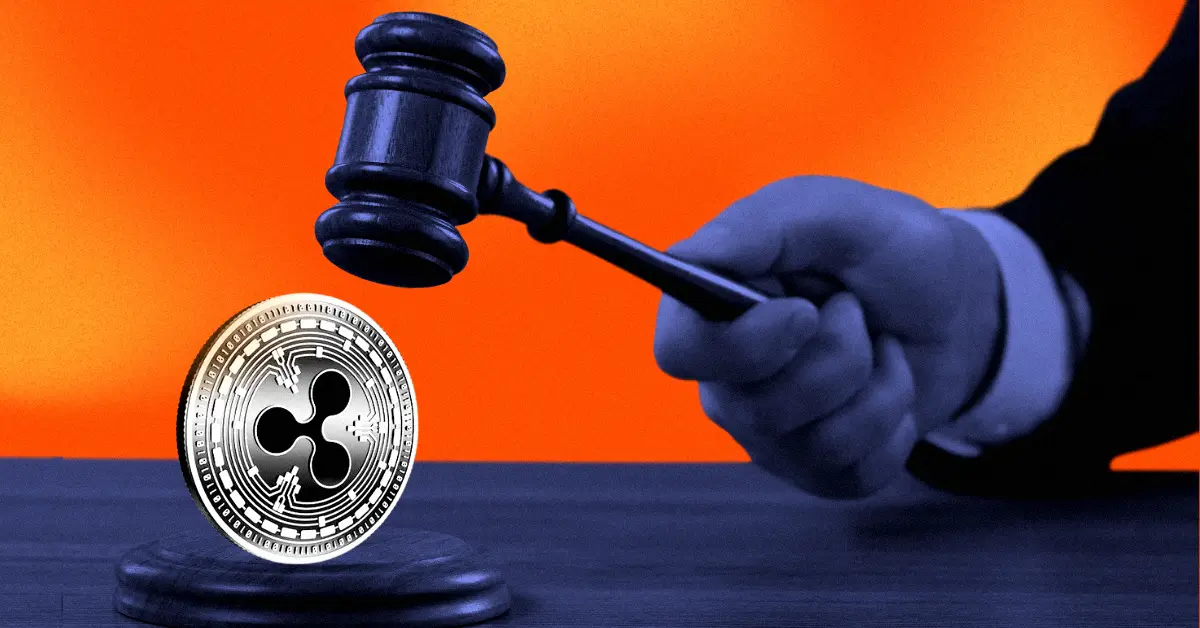
The legal battle between Ripple and the U.S. Securities and Exchange Commission (SEC) continues to intensify as the much-anticipated January 15 hearing approaches. This high-profile case has attracted significant attention, with various experts weighing in on the implications of the legal proceedings and their potential impact on the cryptocurrency market.
Expert Insights on the Ripple Ruling
John Reed Stark, a former SEC enforcement official and a noted crypto skeptic, recently shared his perspective on the case during a podcast hosted by Docket Media LLC. Stark provided a critical analysis of the Ripple ruling, suggesting that it lacks the broad legal clarity that many had hoped for. He emphasized that the decision should be confined to cases with similar specific facts rather than being applied broadly across the industry.
Misunderstandings and Criticisms
Stark expressed concern that the Ripple decision has been widely misunderstood, primarily because many individuals have not thoroughly examined the details of the ruling. He contended that Judge Torres, who presided over the case, made several errors in her judgment. This sentiment, he noted, is echoed by other judges who have reviewed the case.
“There are so many aspects of the Ripple decision that people misinterpret because they haven’t fully read it. Respectfully, I believe Judge Torres was mistaken on multiple counts, a view shared by Judge Rakoff and every other judge who has examined that decision,” Stark stated.
The Twofold Nature of the Ripple Decision
According to Stark, the Ripple decision can be dissected into two main components. Firstly, he concurred that the initial offering of XRP tokens to sophisticated investors warranted registration as securities, a measure intended to safeguard these investors. However, he diverged in opinion regarding the secondary market, where XRP was traded on various exchanges.
Confusion and Controversy in the Crypto Market
Stark highlighted the confusion that arose from the Ripple decision, particularly as pro-crypto entities began leveraging it to assert that certain tokens were not securities. This development prompted the SEC to pursue an interlocutory appeal, aiming to halt the ongoing proceedings. Nonetheless, the judge dismissed the SEC’s request, clarifying that the Ripple decision could not be used as a precedent unless identical circumstances were present.
Impact on Retail Investors
One of Stark’s key arguments was the perceived unfairness regarding the protection of retail investors. He noted the absence of a direct relationship between Ripple and these investors, likening it to purchasing stocks in companies where investors, despite lacking direct contractual ties, are protected under securities regulations.
The Road Ahead for Ripple and the SEC
As the legal proceedings unfold, the outcome of the Ripple vs SEC case is likely to have significant implications for the broader cryptocurrency landscape. The case underscores the ongoing debate surrounding the classification of digital assets and the regulatory frameworks that govern them. As stakeholders and observers await further developments, the case remains a critical focal point for discussions on the future of cryptocurrency regulations.






